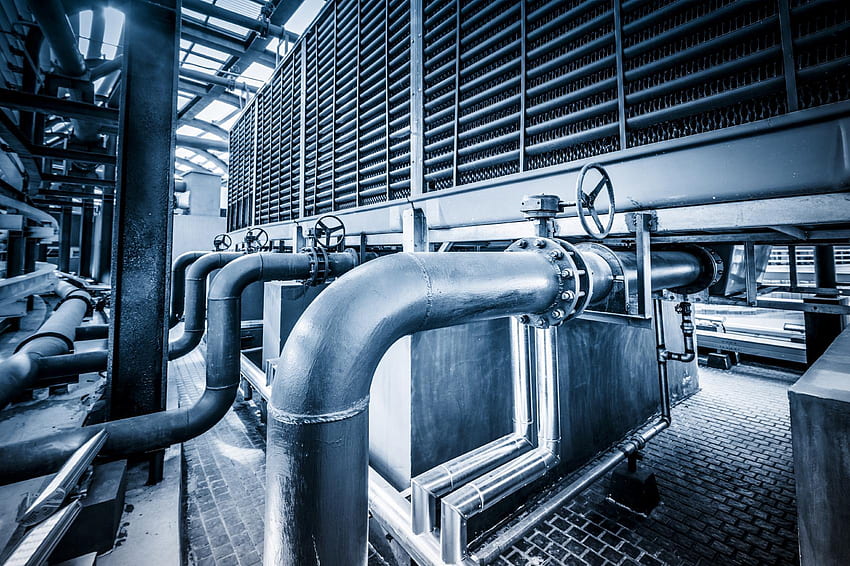Mastering Comfort: The Ultimate Guide to Heating and Air Conditioning
Mastering Comfort: The Ultimate Guide to Heating and Air Conditioning
Blog Article

In today's fast-paced world, maintaining a comfortable home environment is essential for our well-being and productivity. Whether it's sweltering heat in the summer or the biting chill of winter, having an efficient heating and air conditioning system can make all the difference. As the seasons change, so do our needs for temperature control, and mastering these systems not only enhances comfort but can also lead to significant energy savings.
This ultimate guide to heating and air conditioning will explore everything you need to know about these vital systems. From understanding the different types of heating and cooling options available to tips on maintenance and energy efficiency, we will provide you with the knowledge to create a perfect indoor climate year-round. Get ready to dive into the world of temperature management and transform your living space into a haven of comfort.
Understanding HVAC Systems
HVAC systems, which stand for heating, ventilation, and air conditioning, play a crucial role in maintaining indoor comfort. These systems are designed to manage the temperature and air quality of homes, offices, and industrial buildings. The heating component works to increase the indoor temperature during colder months, ensuring a warm and comfortable environment. Air conditioning, on the other hand, cools the air in warmer seasons, providing relief from heat and humidity.
In addition to heating and cooling, ventilation is an essential aspect of HVAC systems. Proper ventilation allows for the exchange of indoor and outdoor air, which helps to remove pollutants, moisture, and odors from living spaces. This is particularly important for maintaining healthy indoor air quality, as stale air can lead to respiratory issues and discomfort. Modern HVAC systems often incorporate various filtration methods to enhance air purity, ensuring that occupants breathe clean and fresh air.
Understanding how HVAC systems operate can empower homeowners and building managers to make informed decisions about their heating and cooling needs. Regular maintenance and timely upgrades are key to keeping these systems efficient. Investing in high-quality equipment and understanding system components not only improves comfort but also can lead to significant energy savings over time.
Choosing the Right System
ApexHeatAndAC Home Heating Repair
Selecting the right heating and air conditioning system is essential for comfort and energy efficiency in your home. Begin by assessing your space to determine the appropriate size and type of system needed. Factors such as square footage, insulation quality, and local climate significantly influence the decision. For larger homes, a central system may be more efficient, while smaller spaces might benefit from ductless mini-split systems or window units.
Next, consider the fuel source for your heating and cooling systems. Options include electricity, natural gas, propane, and oil. Each fuel type has its advantages and drawbacks. Electric systems are often easier to install and maintain, while gas systems can offer lower operating costs in certain regions. Researching the availability and cost of each fuel source in your area can help you decide which is most suitable for your needs.
Lastly, think about the technology and features you want in your heating and air conditioning system. Modern systems come equipped with smart thermostats that allow for remote temperature control and energy monitoring. Energy-efficient models often qualify for rebates and can drastically reduce utility bills over time. Reviewing SEER and AFUE ratings will provide insights into how efficiently a system operates and can guide you in making an informed choice.
Energy Efficiency and Maintenance Tips
To maintain optimal heating and air conditioning performance, regular maintenance is essential. Change or clean filters every one to three months, as clogged filters can restrict airflow and reduce efficiency. Schedule annual professional inspections to identify any potential issues before they escalate. Keeping your system in good condition not only prolongs its lifespan but also ensures that it operates efficiently, helping you save on energy costs.
Another effective way to enhance energy efficiency is to invest in a programmable thermostat. This allows you to set specific temperatures for different times of the day, so your heating or cooling system only works when you need it. Additionally, consider upgrading to high-efficiency HVAC units that meet ENERGY STAR standards. These models use advanced technology to consume less energy without sacrificing comfort, resulting in significant savings on utility bills.
Lastly, pay attention to your home's insulation and sealing. Proper insulation in walls, attics, and basements prevents heat loss during winter and keeps cool air inside during summer. Seal gaps around windows and doors to eliminate drafts. This combined approach to insulation and sealing reduces the workload on your heating and air conditioning systems, further improving energy efficiency and ensuring a comfortable environment year-round.
Report this page